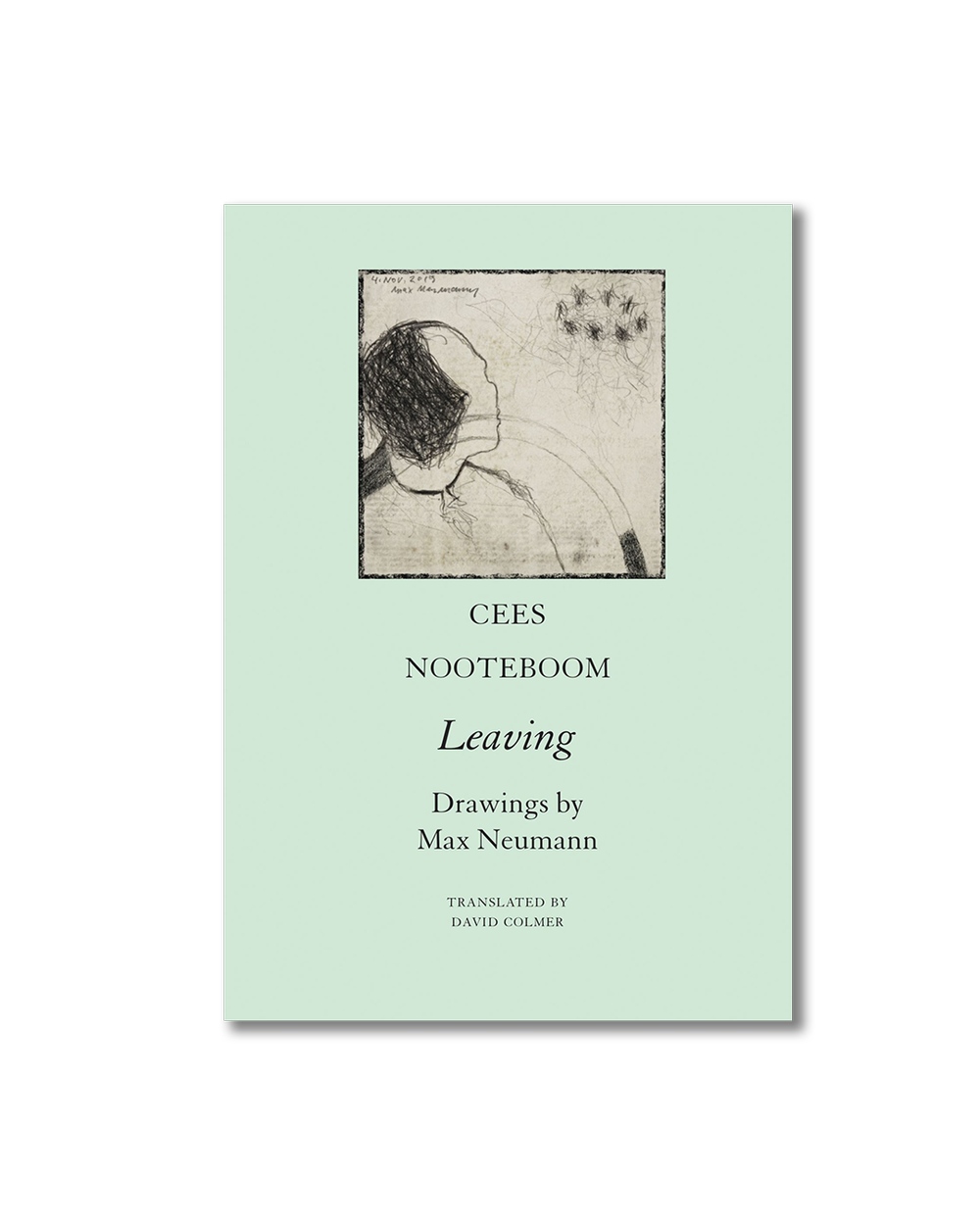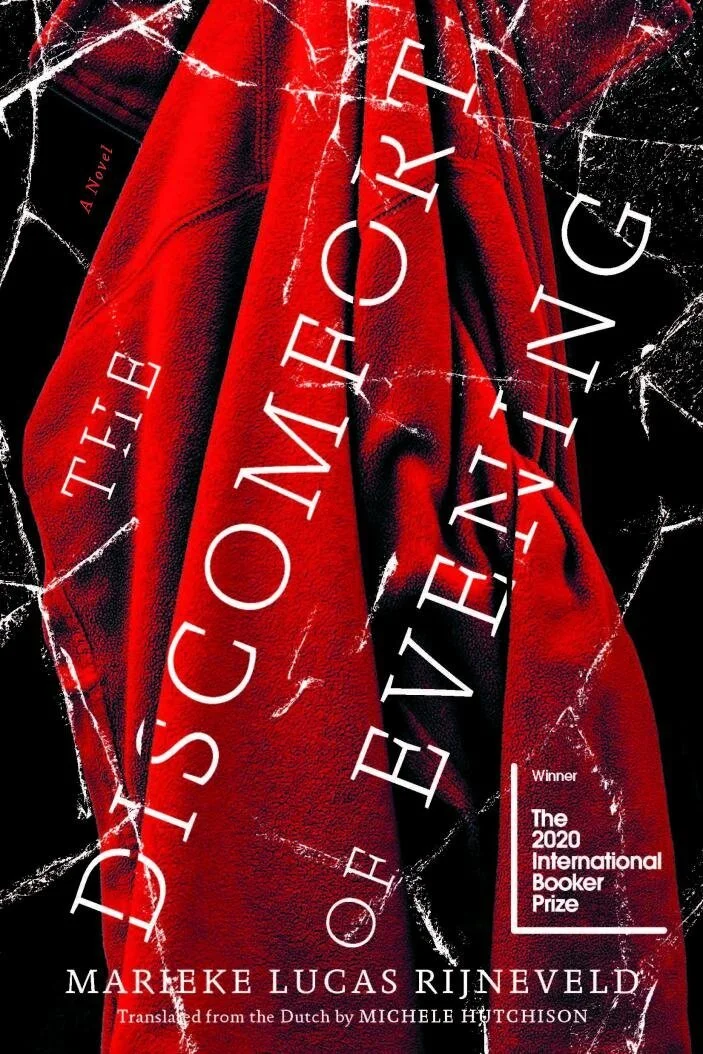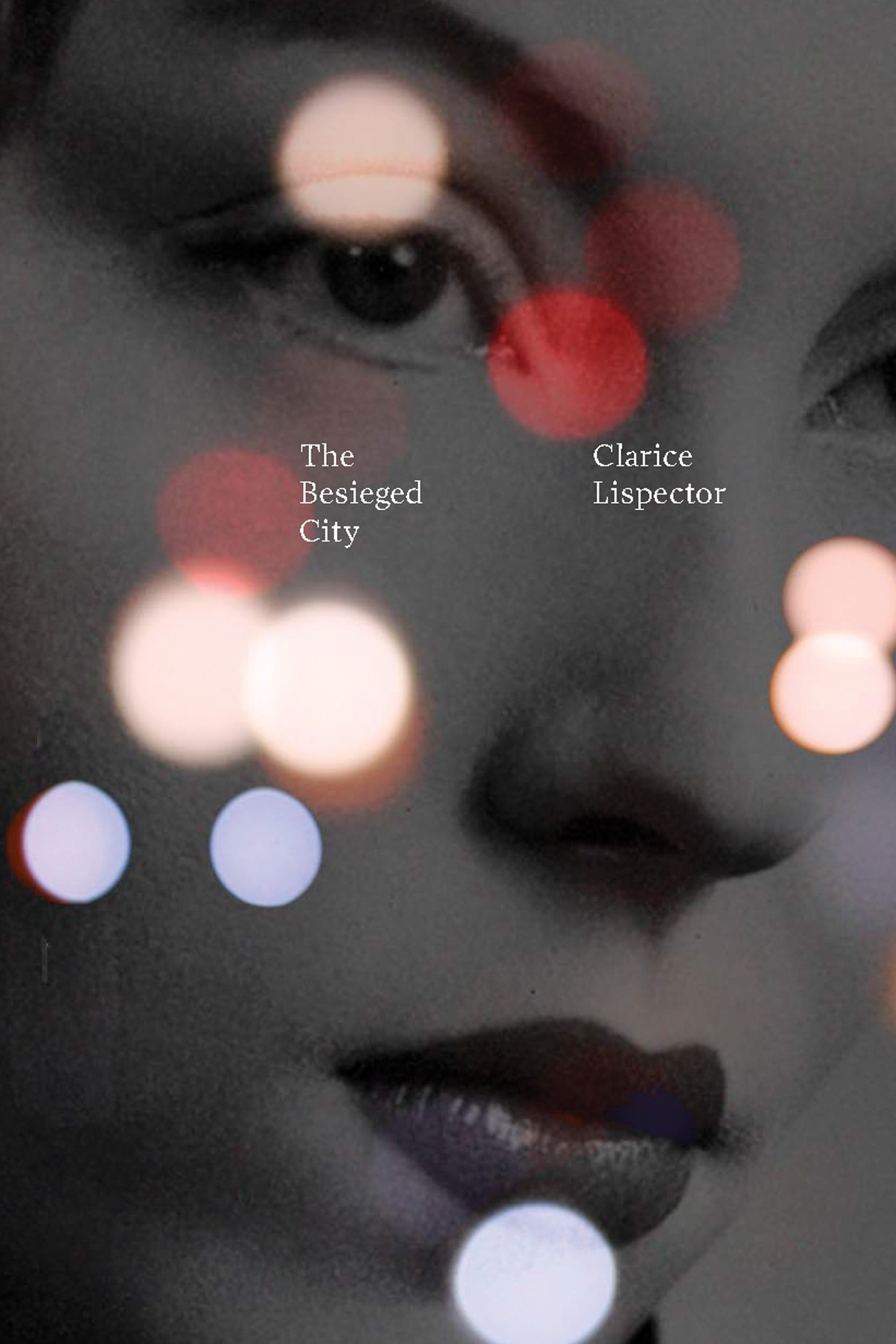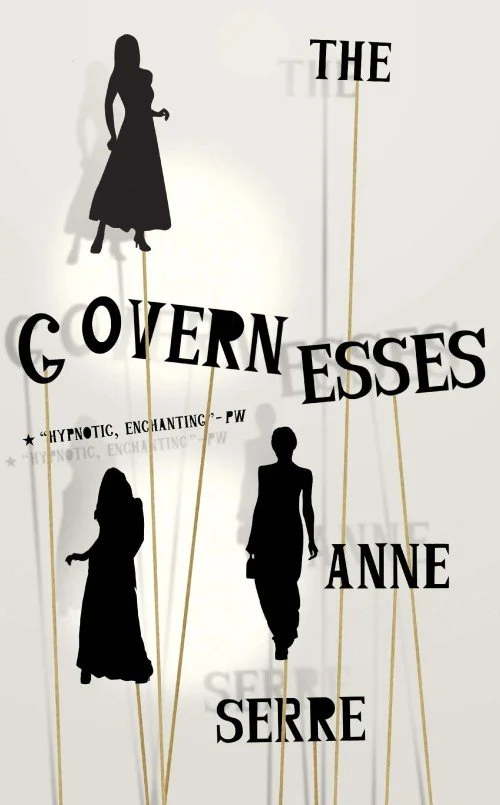High Fidelities: On Some Recent Translator’s Notes
Hard at work in a culture more dedicated to vocational mythologizing than repairing structural supports.
"Next stop Armageddon": On Cees Nooteboom's "Leaving"
The English edition of Leaving: A Poem from the Time of the Virus, originally published in Dutch, is a collaboration between the poet Cees Nooteboom, the translator David Colmer, and the visual artist Max Neuman.
Systems Lack the Language: On Alia Trabucco Zerán’s “When Women Kill”
When Chilean novelist and scholar Alia Trabucco Zerán describes her latest research project, “men and women alike furrow their brows, wince, and then nod their heads in approval of my decision to tackle such a pressing, awful, and all-too-common problem in Latin America.”
Wildness and Heat: On Andrea Abreu’s “Dogs of Summer”
You might want to avoid reading Andrea Abreu’s gloriously visceral Dogs of Summer around meal times.
Very Funny, Even When It's Sad: An Interview with Daisy Fried
Daisy Fried’s most recent book, The Year the City Emptied, is a collection of translations and brilliant off-the-leash renderings of Baudelaire, written in 2020 in Philadelphia during the first year of the COVID pandemic.
Universe of Pointless Terror: On László Krasznahorkai's "Chasing Homer"
Chasing Homer by László Krasznahorkai is a novella that defies and transcends summarization.
Convergence and Departure: On Donatella Di Pietrantonio's "A Sister's Story"
There is perhaps no archetype of sisterly devotion as enduringly popular as Little Women’s March girls.
The Squanderer and the Seduced: On Fernanda Melchor's "Paradais"
Paradais, Fernanda Melchor’s second book translated into English, opens with two teenage boys drinking rum outside a luxury housing development.
On "Essays Two": An Interview with Lydia Davis
It is easy to take translation for granted. It is easy to appreciate a text only in its current context, to visualize a listed translator as a talented mathematician with some innate knowledge or intuition for what an original author or source text imagined, performing equations to convert languages for our understanding and pleasure.
"Feminine" Passions: On Aoko Matsuda's "Where the Wild Ladies Are"
Before bedtime, in their two-room apartment on the outskirts of postwar Tokyo, my great-grandfather would tell my obāchan and her siblings ghost stories, like those retold in Aoko Matsuda’s short story collection, Where the Wild Ladies Are.
In Search of Self through the Other: On Domenico Starnone's "Trust"
The premise of Domenico Starnone’s novel Trust—a teacher’s life-changing affair with his former student—might suggest to the wary reader a familiar story of predator and prey.
Two Poems from "Cold Candies" by Lee Young-Ju
A plant nobody planted grows in the window across from mine on the fourth floor.
The Cleverest Rat In The Maze: On Raymond Queneau’s "The Blue Flowers"
In an age where many modern writers strive for profundity in their themes and characters at the expense of formal invention, Queneau's works reminds us that style possesses its own kind of depth. Precision can be a gateway to enlightenment.




















